Do you feel like your skin needs an extra boost? Are you looking for ways to help manage the appearance of stress? Then meet adaptogens! Adaptogens are becoming increasingly popular in skincare as the years go by, but they hold a long history in traditional medicines as holistic methods of combating everyday stressors while at the same time balancing and strengthening. They are a group of powerful and "intelligent" botanicals that work together to defend our cells from oxidative damage, reduce inflammation, and even out the visible effects of aging on our bodies. Let’s explore the benefits of adaptogens, delving into what they are, how they work, and how they can help to give your skin a universal multi-boost of "adaptogenic" protection.
WHAT ARE ADAPTOGENS?
With a documented use dating back thousands of years in Ayurvedic medicine and Traditional Chinese Medicine, adaptogens are a remarkable class of botanicals that help the body manage stress and restore a sense of equilibrium. In the 1940s, Soviet scientists began researching chemical compounds that could help promote overall health by decreasing the negative effects of acute and chronic stressors while increasing a state of nonspecific resistance to stress. After decades of research, this led to the classification of adaptogens defined as natural substances that help the body resist physical, chemical, and biological stress by helping it “adapt” to more complex situations.
The full functional criteria of an adaptogen are:
1) An adaptogen is nontoxic to the recipient in normal therapeutic doses.
2) An adaptogen produces a nonspecific state of resistance to stress - this allows the body to more effectively resists a wide range of stressors, including physiological, biological, or chemical insults.
3) An adaptogen has a normalizing (amphoteric) influence on physiology, irrespective of the direction of change from physiological norms caused by the stressors.
How Do Adaptogens Work?
Adaptogens work by interacting and reregulating two master control systems in the body called the hypothalamic-pituitary-adrenal axis (HPA) and the sympathoadrenal system (SAS). The HPA is responsible for our body’s endocrine (hormone) function, our nervous systems, cardiovascular functions, and our response to chronic stress. The SAS is responsible for responses to acute and intense stress, or what's known as "fight-or-flight" moments - something that, unfortunately, people tend to experience more frequently in daily scenarios.
When these two systems (the axis of HPA and SAS) become imbalanced due to various external stressors, adaptogens can help bring them back into balance over time and enable the body to better handle future stressors. Numerous studies have examined the effects of adaptogens on various aspects of health, including cognitive performance, sleep quality, metabolic function, immune system regulation, and more.
When it comes to skin health, adaptogens are beloved due to their demonstrated ability to improve from within. As a neuroimmunoendocrine organ (have fun “casually” dropping that one into a conversation), the skin has a direct connection with many systems within the overall nervous system. Chronically elevated levels of stress hormones (such as cortisol, adrenaline, and noradrenaline), along with system axis dysfunction, can have significant impacts on overall skin health, including the increased presence of reactive skin conditions that can lead to impaired barrier function. By helping the body better manage stress, adaptogens can lead to overall improvements in the skin over time, including reducing the appearance of redness, nurturing healthy renewal, and revitalizing dull skin.
Adaptogens vs. Adaptogenic properties
When it comes to how adaptogens work to benefit the skin, there is a significant denominator that we'd like to highlight for transparency. The majority of research and clinical studies identifying the physiological effects of adaptogens examine the oral routes of delivery, which then go on to demonstrate topical benefits. When it comes to skincare, there is a great need for research to better understand the mechanisms, effectiveness, and full benefits of adaptogens via topical exposure (aka, skincare products). This said, there have been some promising studies conducted, and many scientists, dermatologists, and herbalists align on the probable and potential topical benefits of adaptogens in their ability to help offset the appearance of oxidative defense and improve overall skin health. We prefer to address the "adaptogenic properties" of specific ingredients by looking through a holistic lens at the synergistic benefits of bioactives working together in skincare formulations.
Adaptogenic Ingredients
While not all adaptogens are created equal, for our formulations, we select the most well-studied adaptogens and then examine their bioactive constituents (like antioxidants, anti-inflammatories, amino acids, and polysaccharides) to calibrate the "adaptogenic" potency and the multitude of benefits for the skin. Here are a few of our favorites included in products:
Ashwagandha
Ashwagandha (Withania somnifera), a dried root also known as Indian Ginseng, is one of the most popular botanicals used in Ayurvedic medicine. Ashwagandha's primary active constituent group is withanolides, which has been studied for anti-inflammatory properties. Ashwagandha has the potential to benefit both sensitive and reactive skin conditions by helping to reduce transepidermal water loss (TEWL), which helps to increase skin hydration and promote the appearance of elasticity. A randomized, double-blind, and placebo-controlled study conducted in 2023 assessed the efficacy of topical application of a lotion containing 8% standardized Ashwagandha root extract on the improvement of the photoaged facial skin of healthy subjects. The study revealed varied skin improvement across all five measured dermatological parameters of wrinkles, pores, hydration/moisture, brightness/tone, and pigmentation.
Found in: Complete Moisture Cleanse, Hydrating Accelerator, Vital Balm Cream, Vital Balm Cream - Unscented, Active Infusion Oil , Active Enzyme Exfoliator , Advanced Hydration Mask, Cacao Antioxidant Mask
Licorice
Licorice (Glycyrrhiza glabra) is well known for its adaptogenic activity, with glycyrrhizin being its primary active constituent. Several studies have demonstrated the antioxidative and anti-inflammatory effects of licorice extract, suggesting it can modulate the inflammatory pathway in skin cells. In addition, licorice extract has been shown to inhibit the activity of tyrosinase, an enzyme responsible for melanin production. For this reason, licorice is often used in formulation to help diminish the appearance of hyperpigmentation and dark spots.
Found in: Complete Moisture Cleanse, C Complex Serum , Hydrating Accelerator, Vital Balm Cream, Vital Balm Cream - Unscented, Active Enzyme Exfoliator , Advanced Hydration Mask, Cacao Antioxidant Mask
Chaga
Chaga (Inonotus obliquus) - a type of mushroom - has been found to contain high levels of antioxidants such as phenolics, triterpenes, and polyphenols, which can help to protect skin from damage caused by environmental pollutants. Chaga extract also contains a high content of polysaccharides, which can help to improve skin hydration and moisture retention.
Found in: Active Infusion Oil
Goji Berry
Goji berry (Lycium barbarum) contains a potent antioxidant profile, which helps the skin to defend and adapt by offsetting the visible signs of oxidative stress. A 2022 study profiled the ability of Goji berry to help improve lipid synthesis (fatty acids, ceramides, and cholesterol) in the skin, which may help to maintain healthy skin barrier functions and promote a more radiant complexion.
Found in: Complete Moisture Cleanse, Hydrating Accelerator, Vital Balm Cream, Vital Balm Cream - Unscented, Active Infusion Oil , Active Enzyme Exfoliator , Advanced Hydration Mask, Cacao Antioxidant Mask, Body Acid Serum
Ginkgo Biloba
Derived from one of the oldest tree species in existence, Ginkgo Biloba is a powerful extract that has been used for centuries in traditional Chinese medicine. It contains a dynamic range of antioxidants (flavonoids) that produce a multitude of positive effects, such as helping to protect the skin from environmental stressors, helping reduce the appearance of redness, increasing hydration retention, encouraging the appearance of firmness, and soothing the skin.
Found in: Complete Moisture Cleanse, Vital Balm Cream, Vital Balm Cream - Unscented, Herbal Infusion Oil , Advanced Hydration Mask, Cacao Antioxidant Mask, Nutrient Day Cream, Biome Body Cleanse
Ginseng
Ginseng (Panax ginseng) is a time-honored adaptogen containing high levels of saponins and polysaccharides - active compounds with antioxidative properties that help to offset oxidative stress and increase skin and scalp hydration by reducing TEWL. Ginseng has an entire journal of scientific study dedicated to it, the Journal of Ginseng Research!
Found in: Enrich Hair Mask, Nourish Shampoo, Nourish Conditioner , Hair Styling Cream, Balance Shampoo, Balance Conditioner
RESEARCH
Adaptogens: Herbs for Strength, Stamina, and Stress Relief. Authors: Winston, D, RH(AHG), with Maimes, S. 2019.
A Study of Efficacy and Safety of Ashwagandha (Withania somnifera) Lotion on Facial Skin in Photoaged Healthy Adults. Cureus. 2023.
A preliminary review of studies on adaptogens: comparison of their bioactivity in TCM with that of ginseng-like herbs used worldwide. Chinese medicine. 2018.
Understanding adaptogenic activity: specificity of the pharmacological action of adaptogens and other phytochemicals. Annals of the New York Academy of Sciences. 2017.
“Withania somnifera (Ashwagandha): A Review. Pharmacognosy Reviews. 2007.
Neuronal Control of Skin Function: The Skin as a Neuroimmunoendocrine Organ.
Physiological Reviews. 2006.
Lycium barbarum Berries (Solanaceae) as Source of Bioactive Compounds for Healthy Purposes: A Review. International Journal of Molecular Science. 2023.
Screening of Plant-Derived Natural Extracts to Identify a Candidate Extract Capable of Enhancing Lipid Synthesis in Keratinocytes. Ann Dermatol. 2022.
Ginkgo biloba leaves extract's cosmeceutical evaluation: a preliminary assessment on human volunteers towards achieving improved skin condition and rejuvenation. Drug Dev Ind Pharm. 2023.
Skin penetration of epigallocatechin-3-gallate and quercetin from green tea and Ginkgo biloba extracts vehiculated in cosmetic formulations. Skin Pharmacol Physiol. 2009.
Effects of flavonoids of Ginkgo biloba on the proliferation of human skin fibroblast. Skin Pharmacol. 1997.
Screening of Antistress Properties of Herbal Extracts and Adaptogenic Agents – A Review. Pharmacognosy Review. 2008.
The Journal of Ginseng Research: https://www.sciencedirect.com/journal/journal-of-ginseng-research
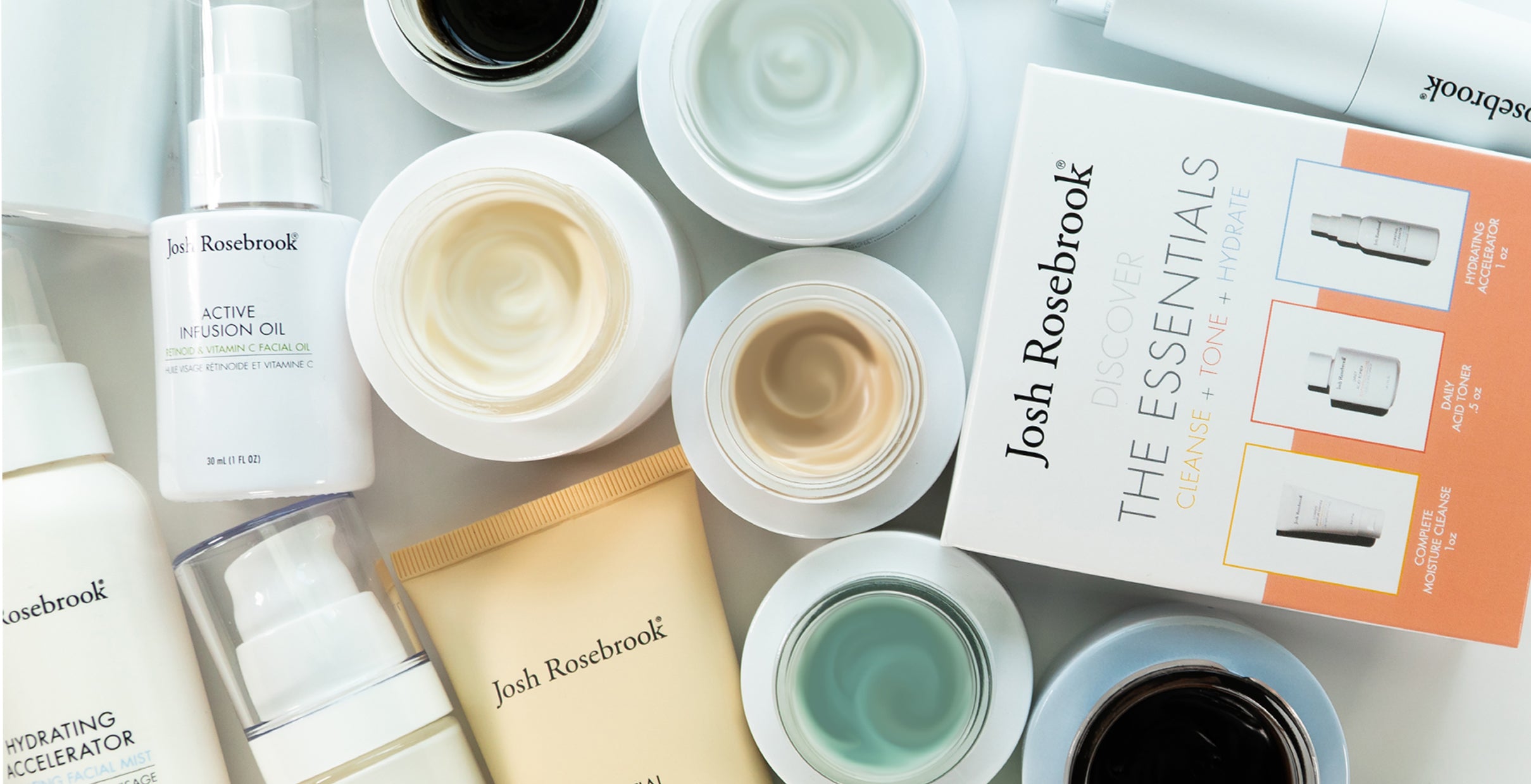
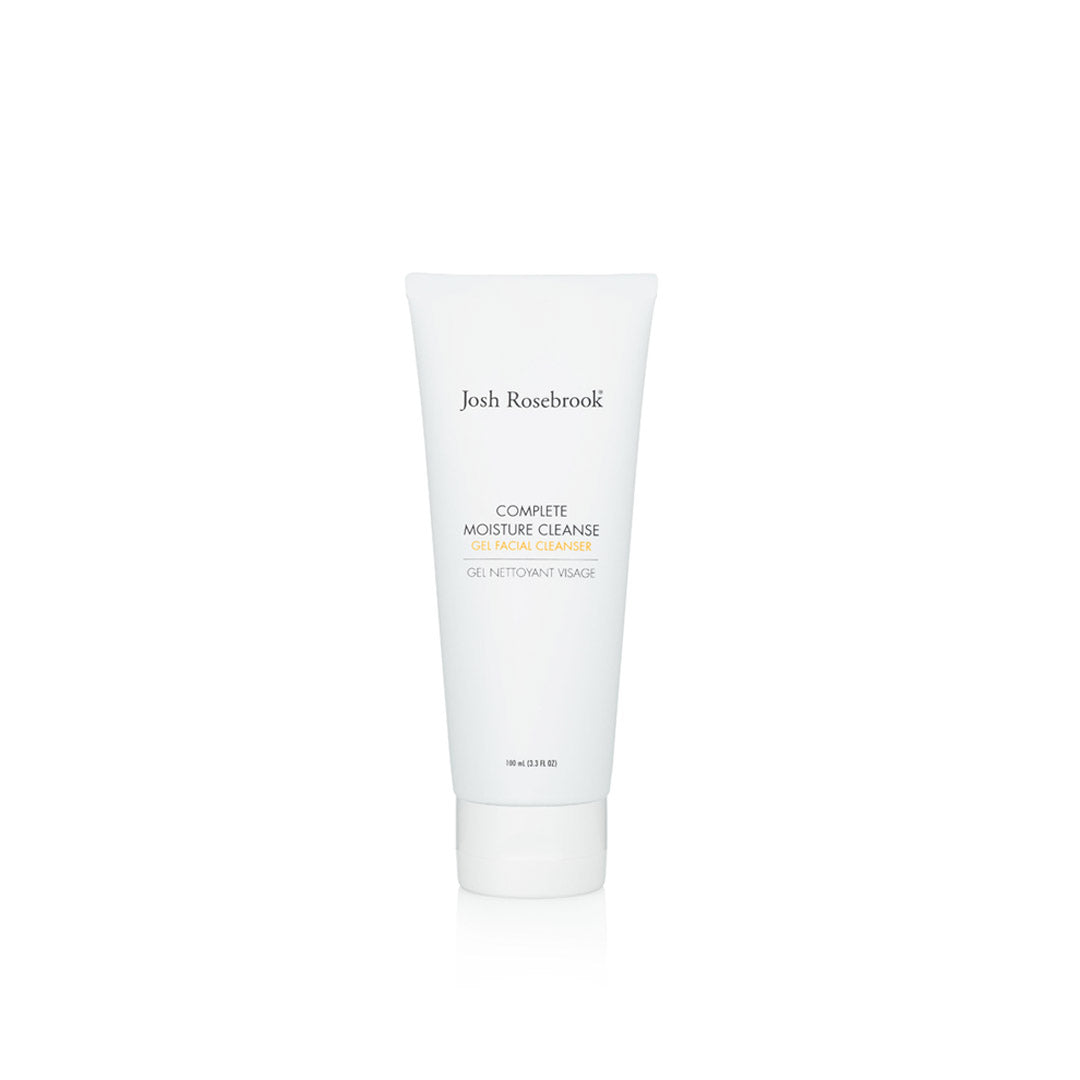
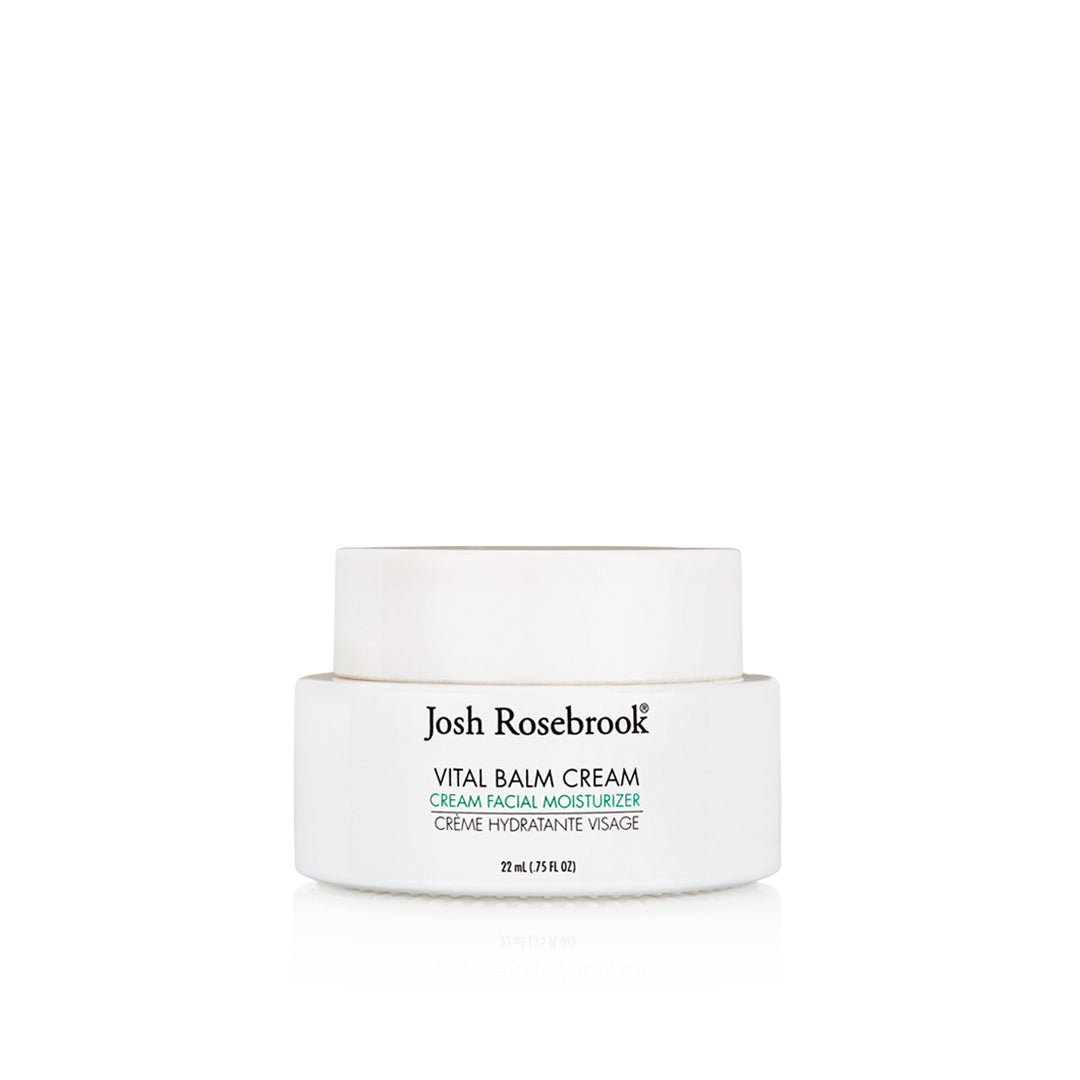
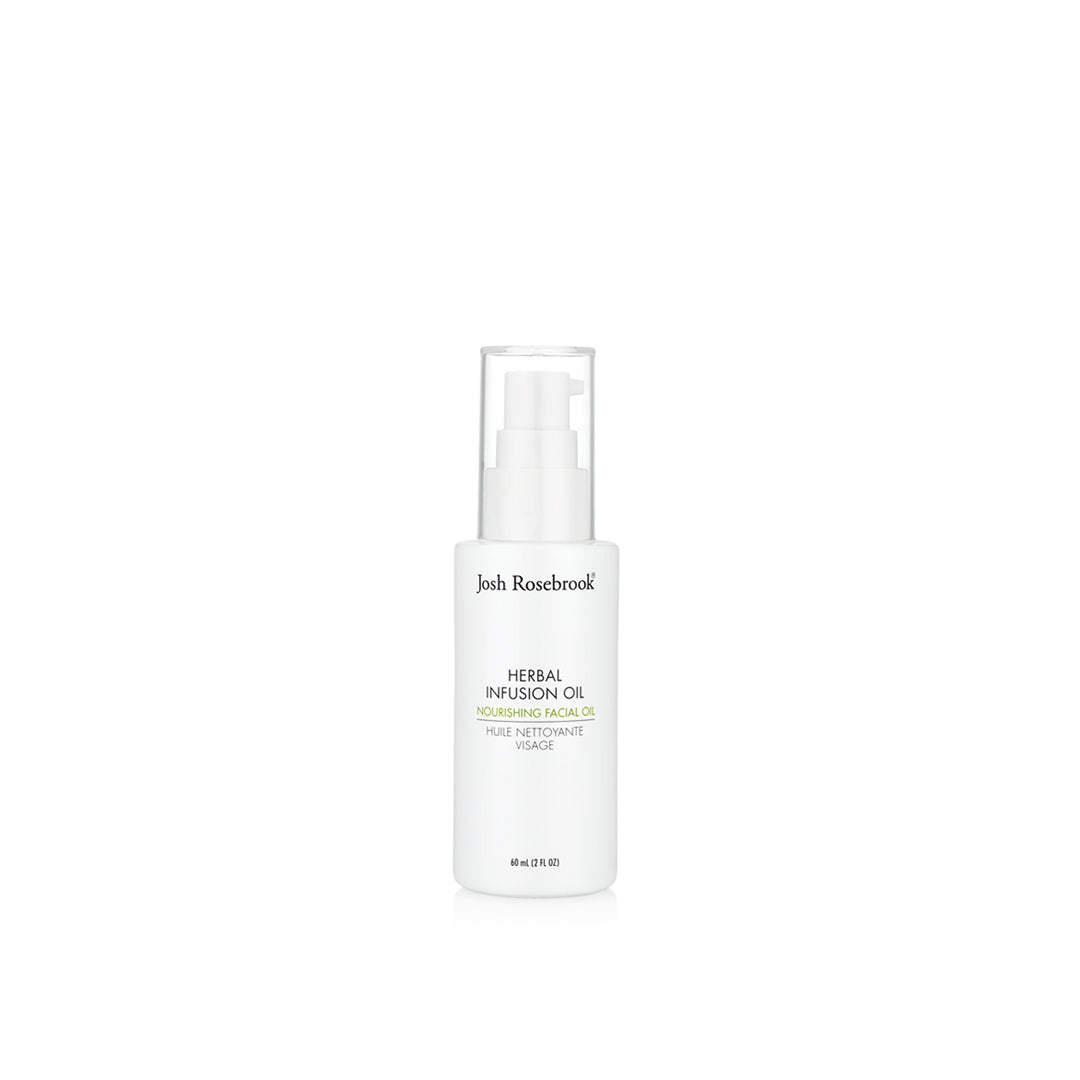
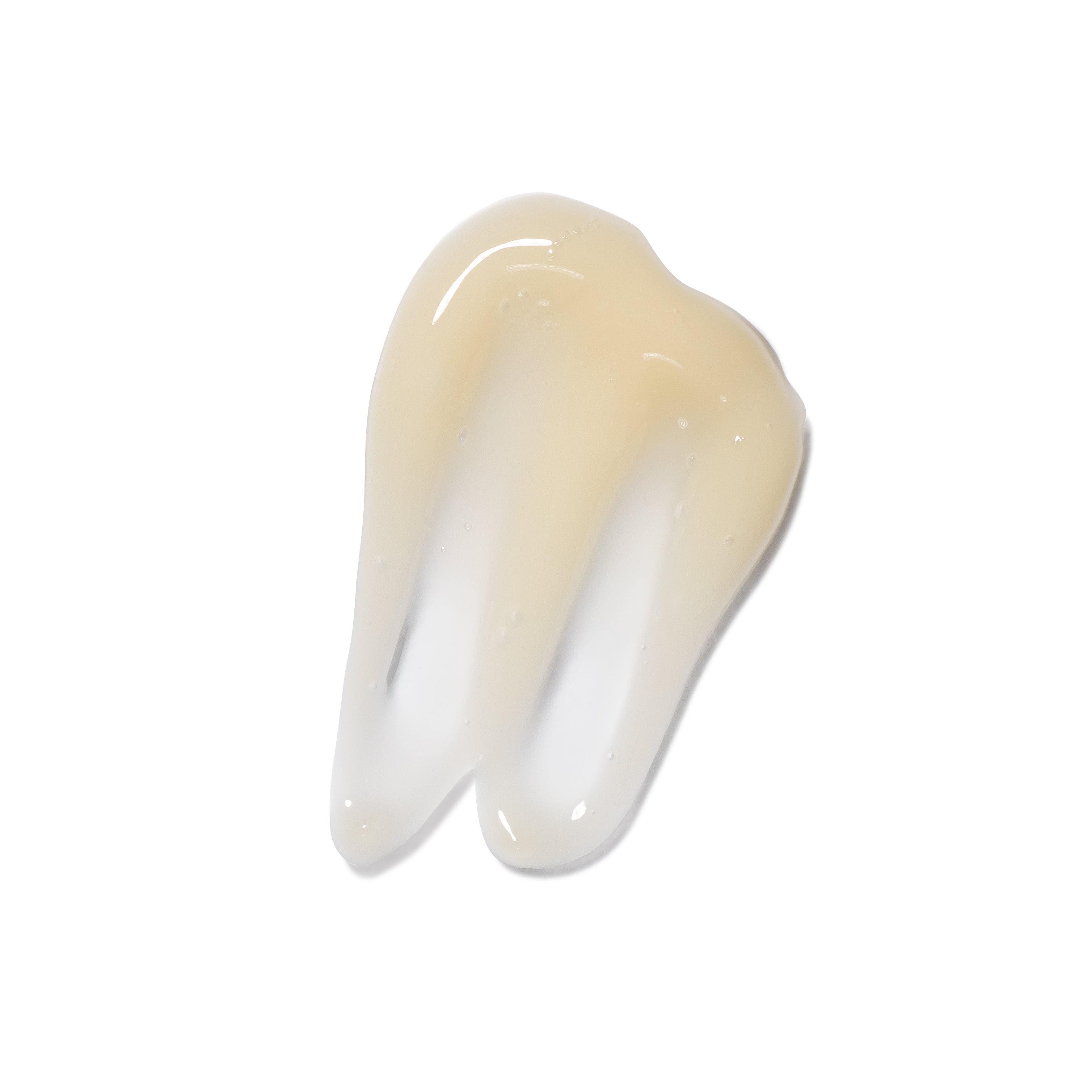
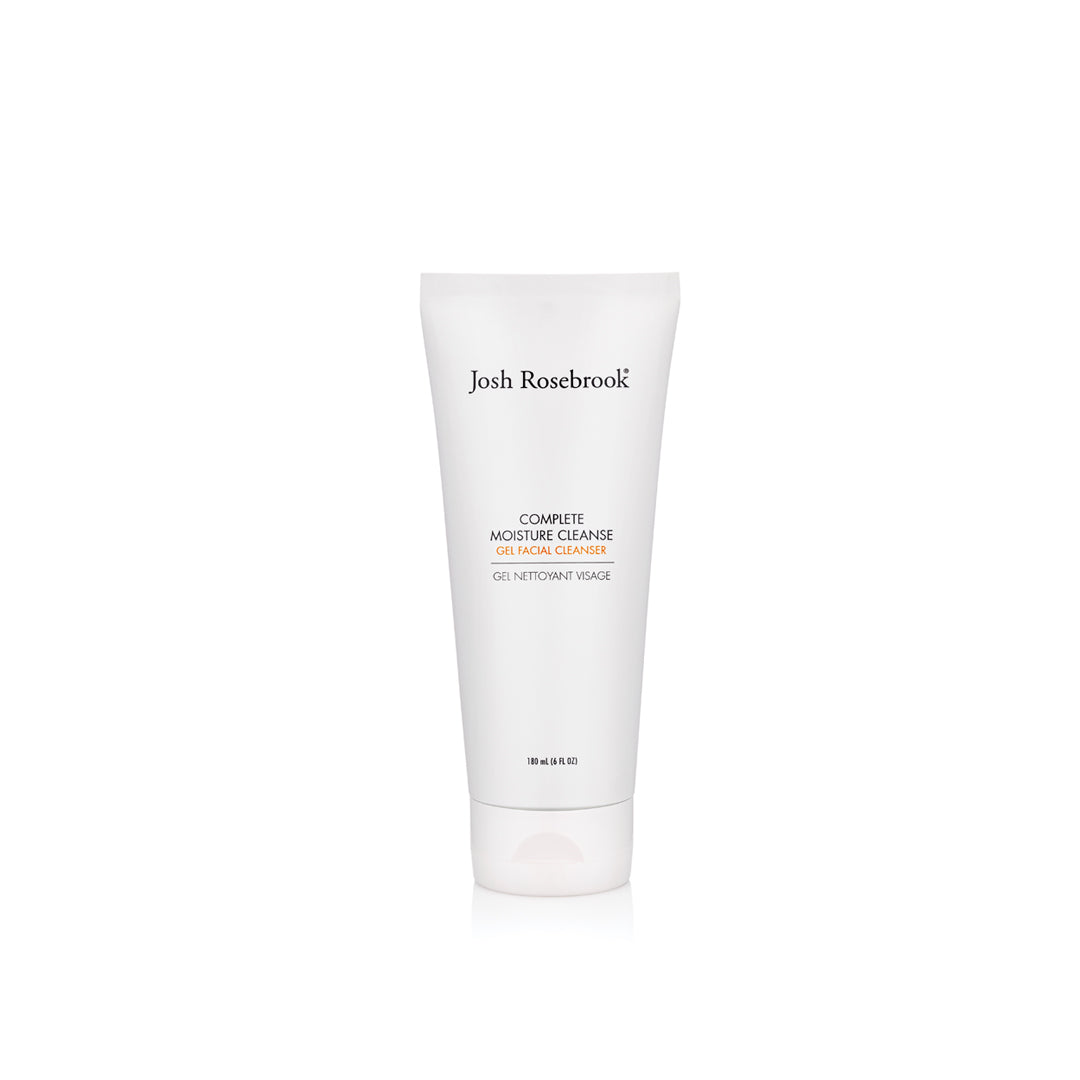
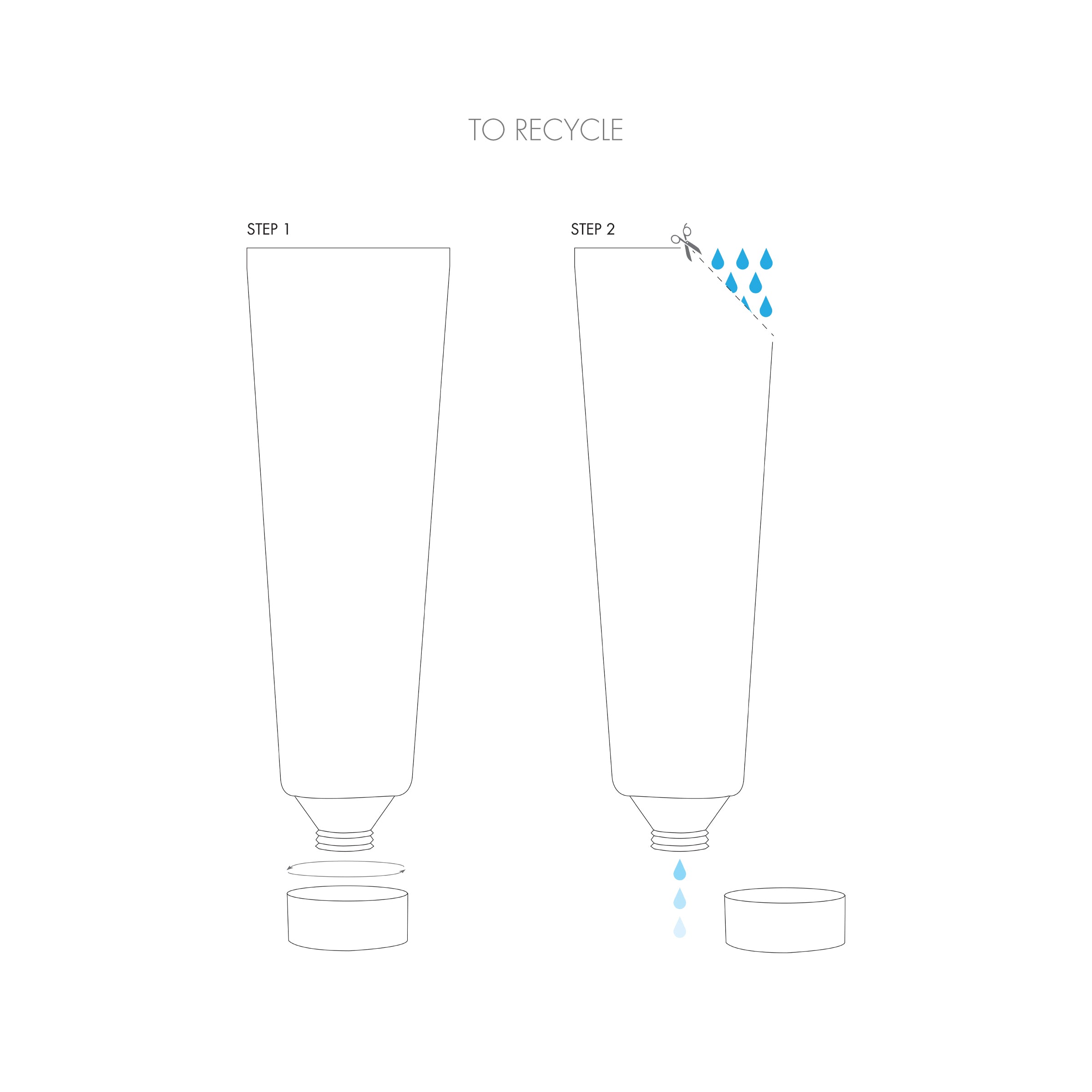
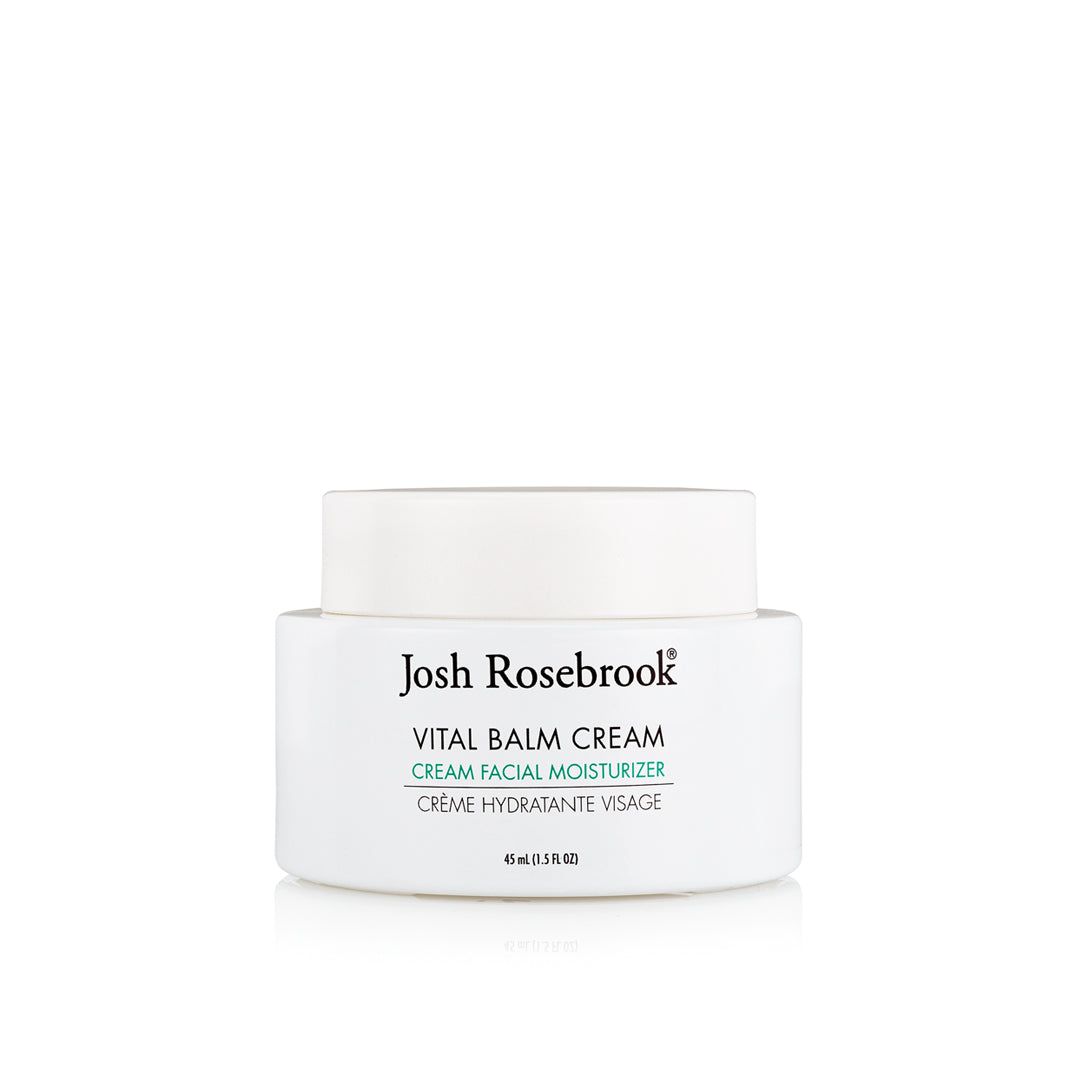
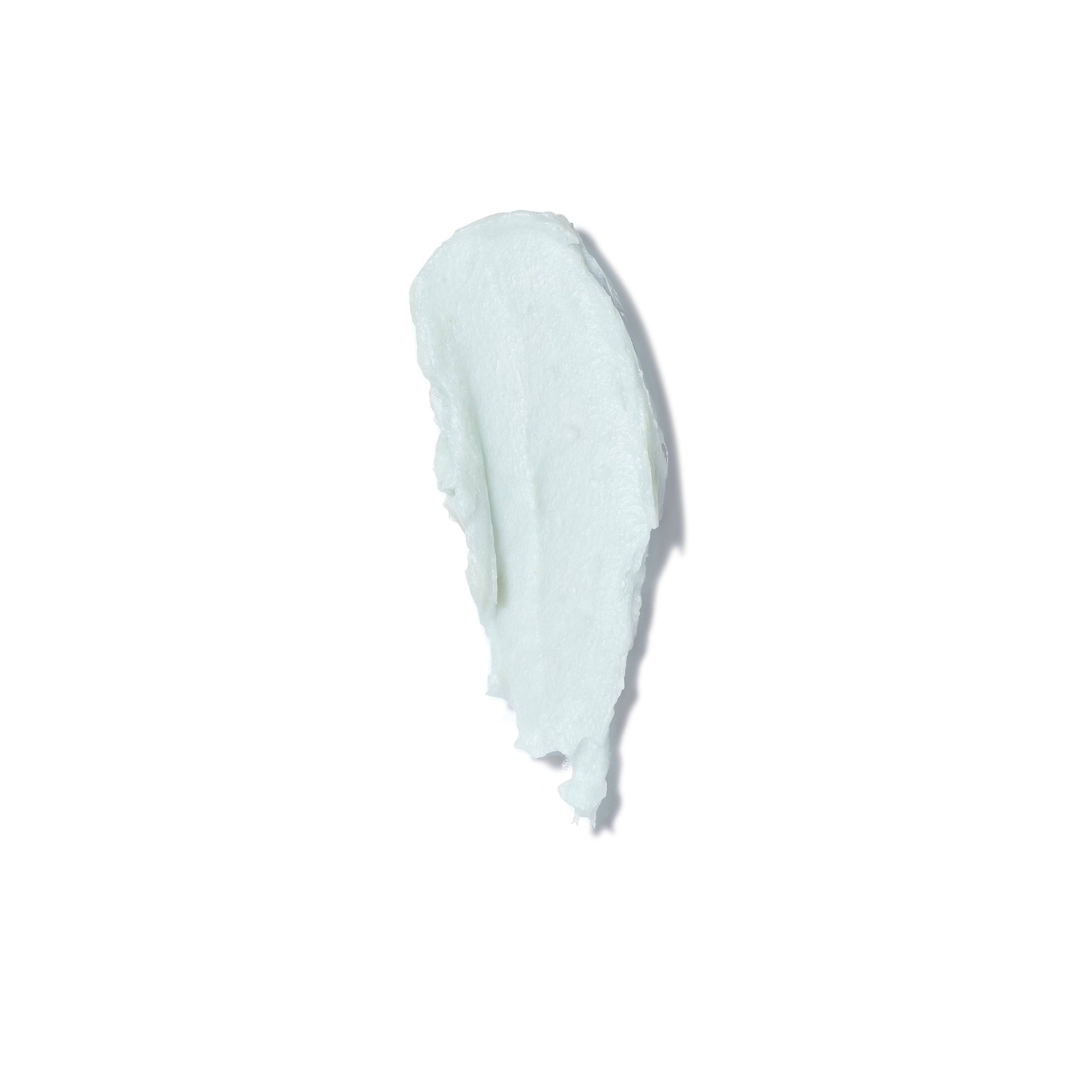
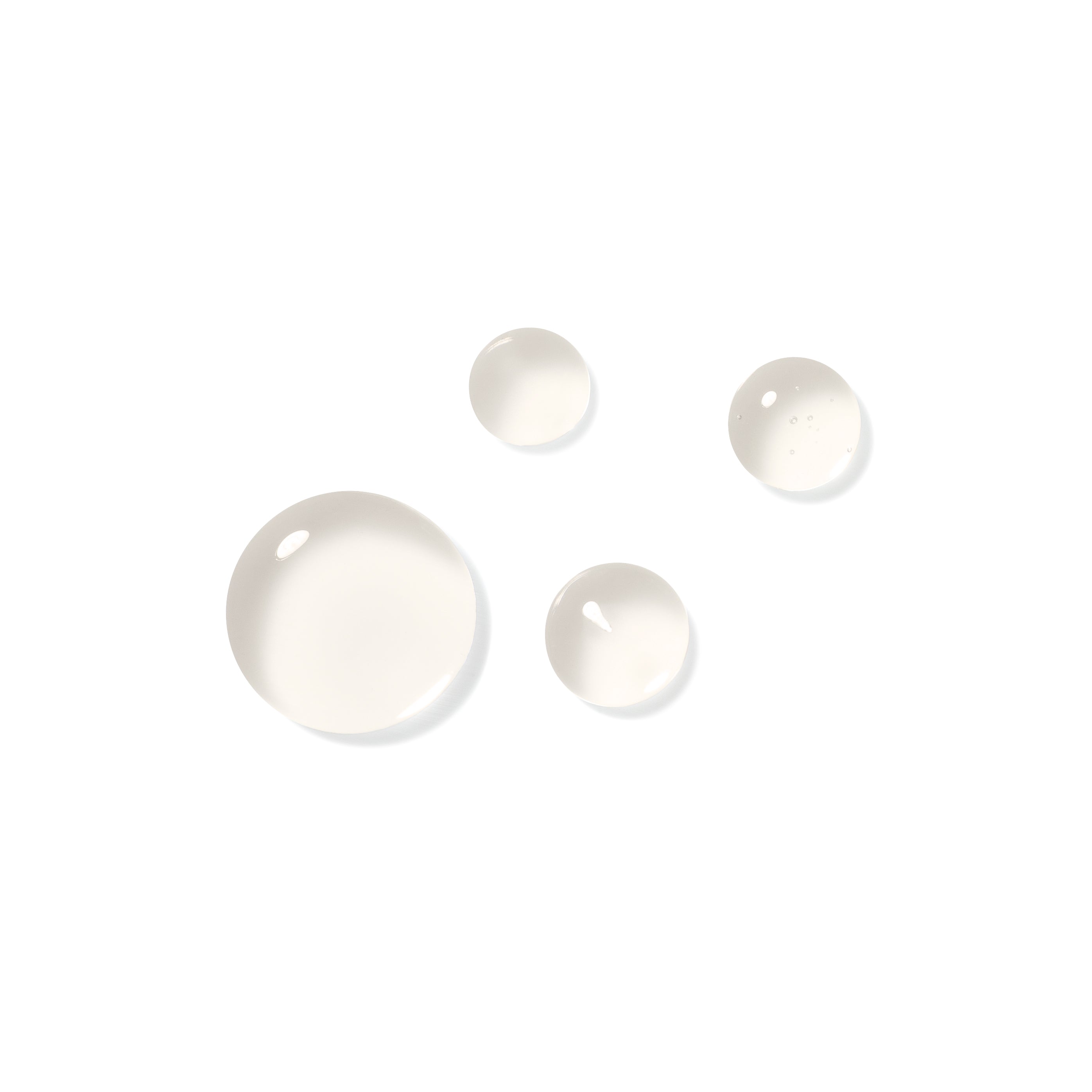
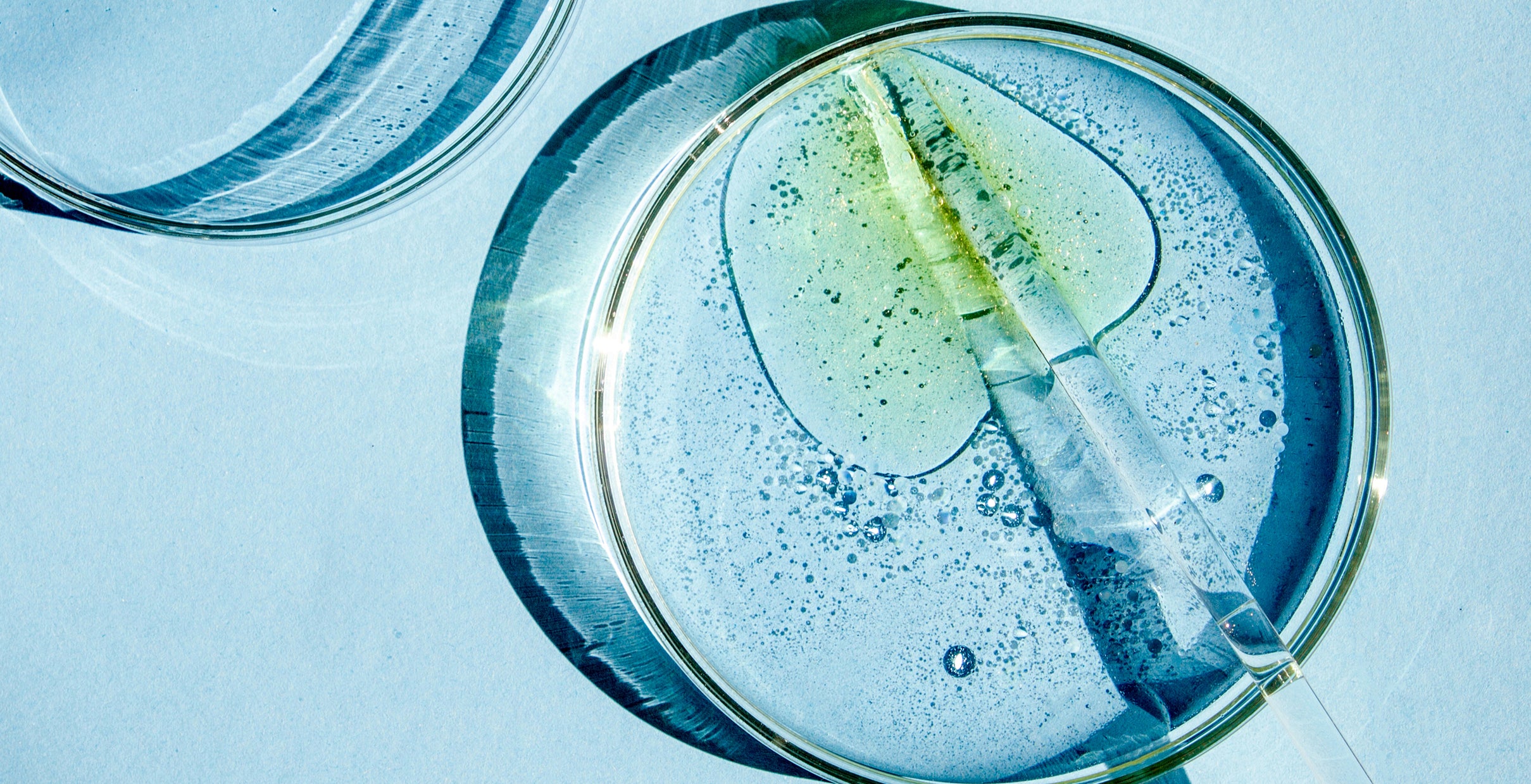
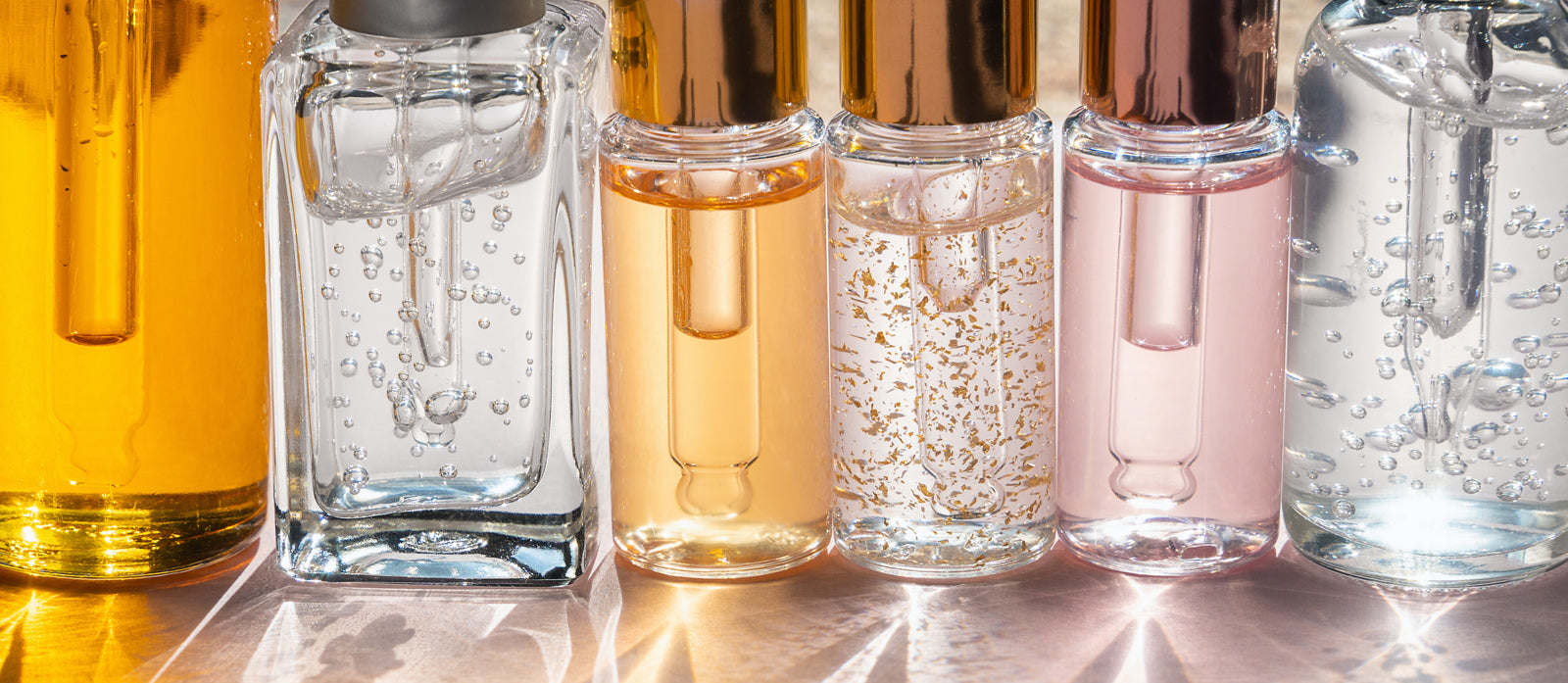
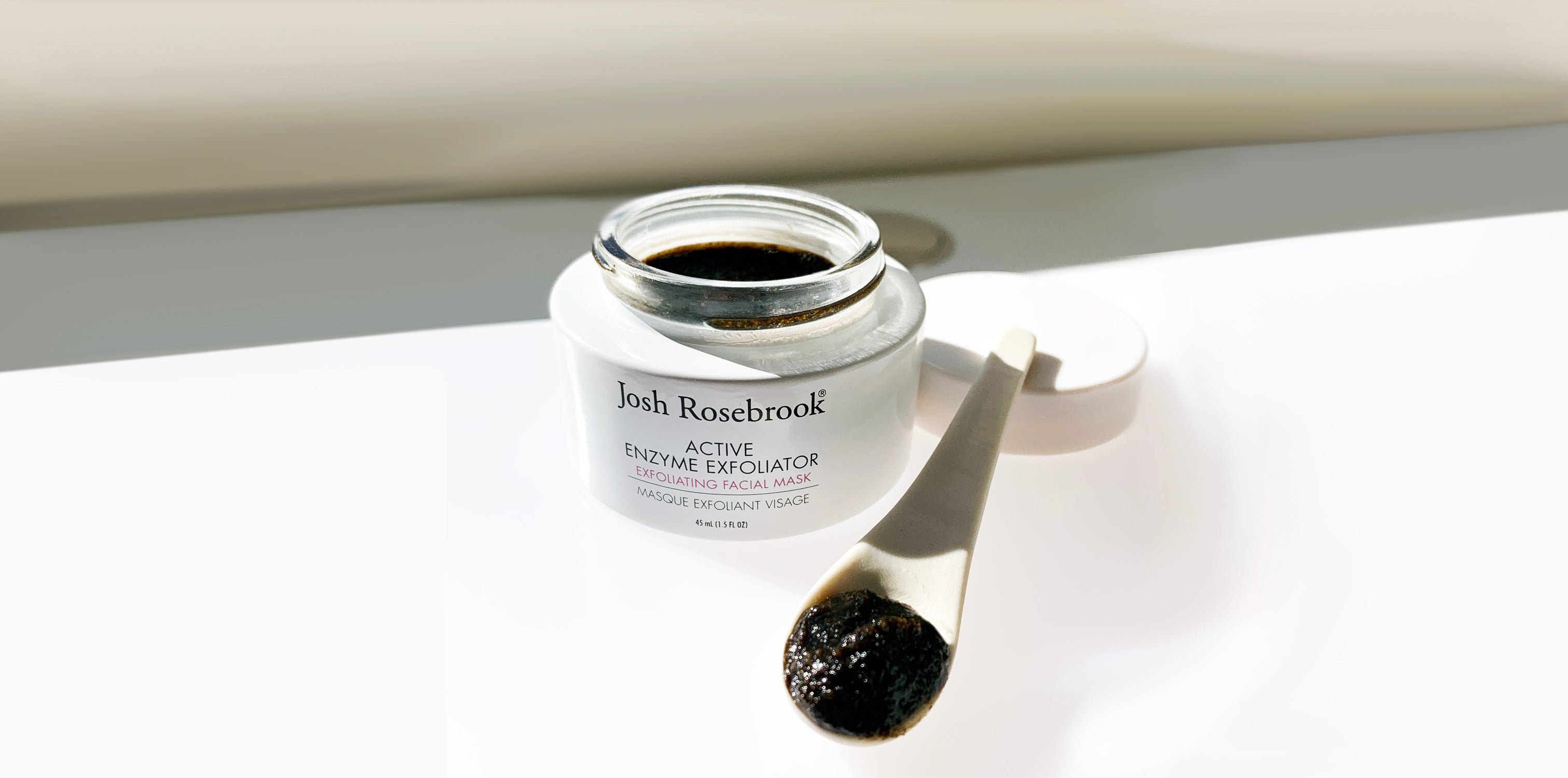
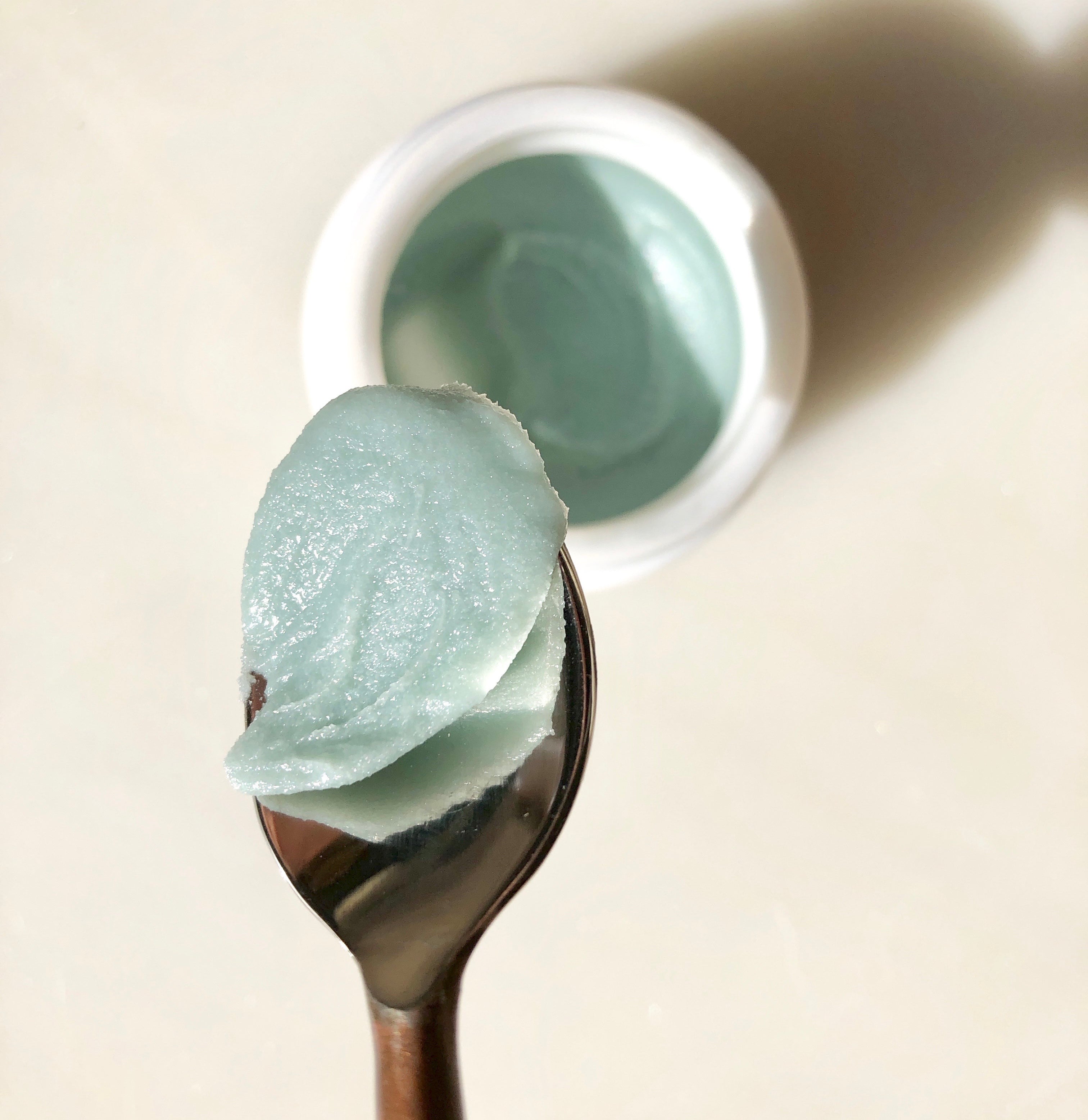
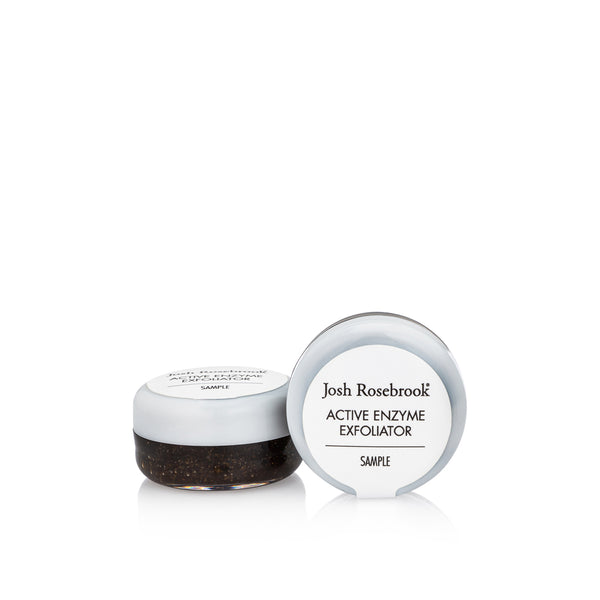
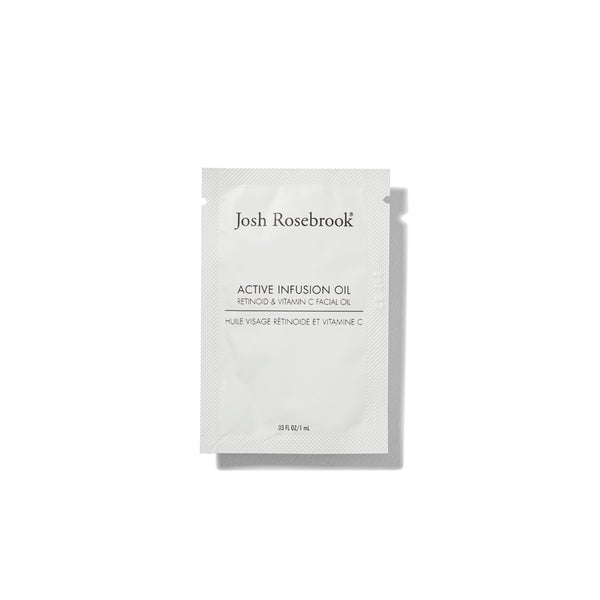
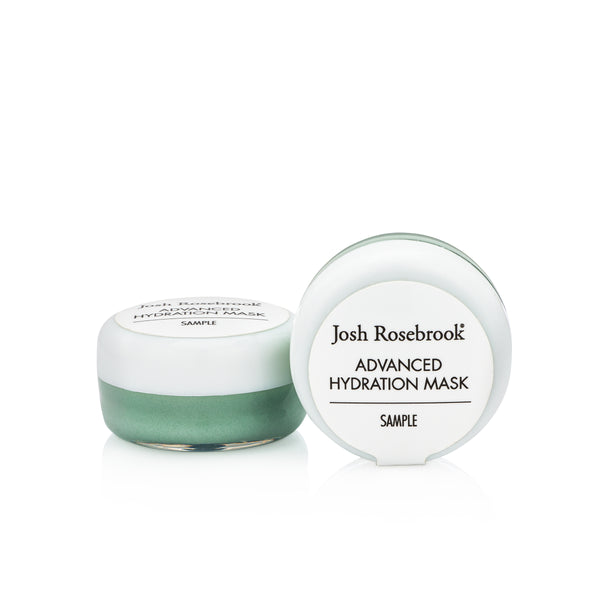
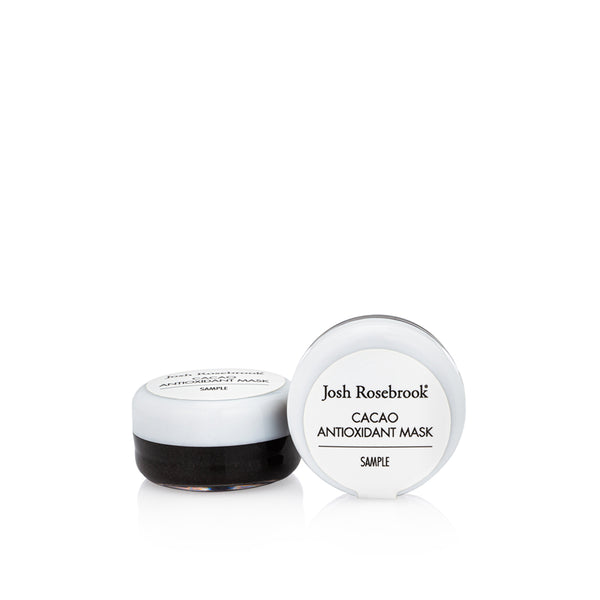
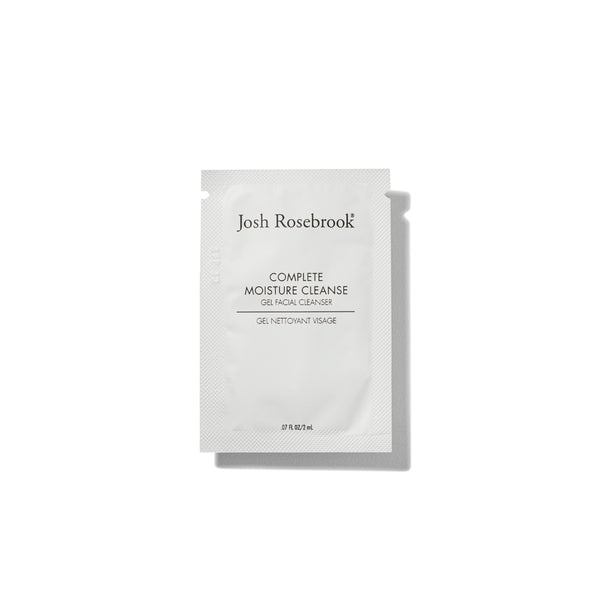
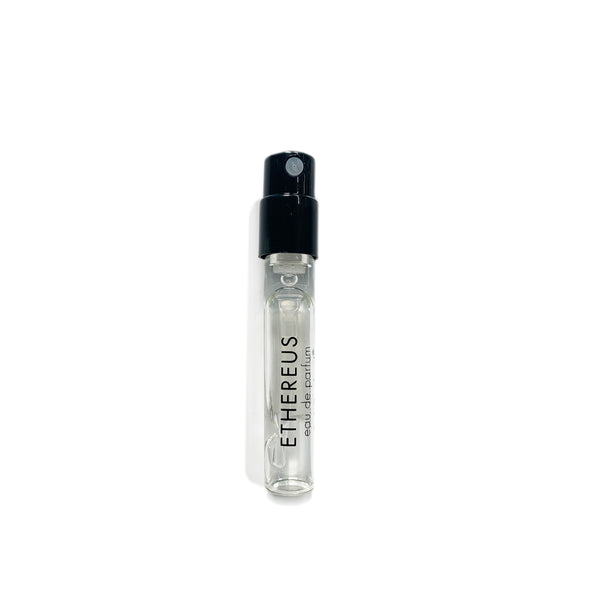
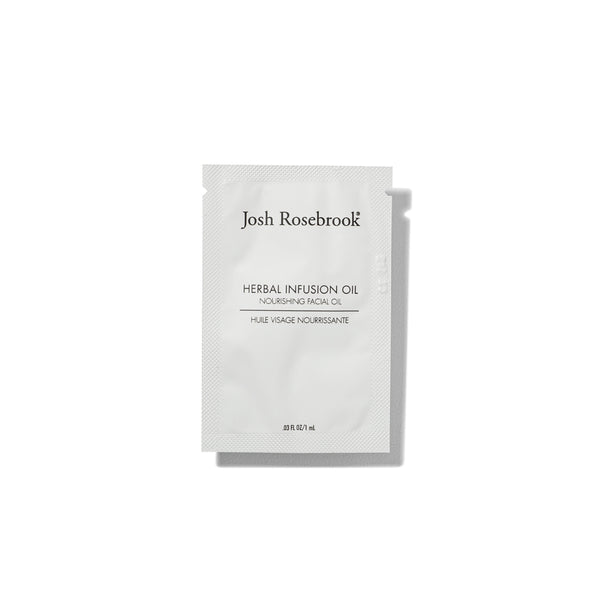
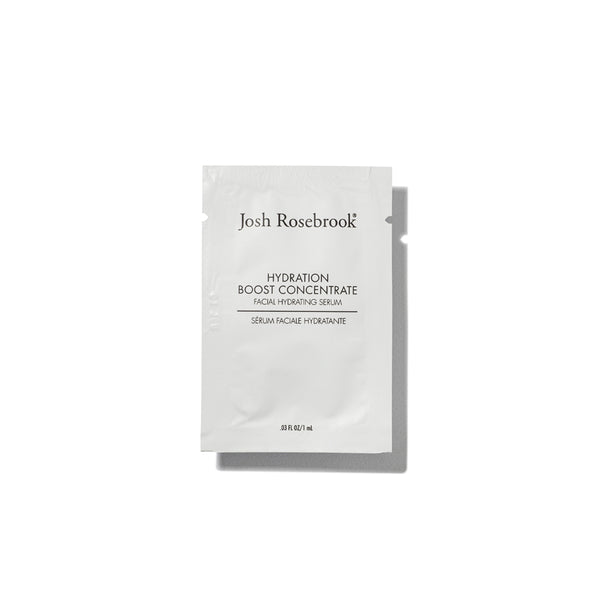
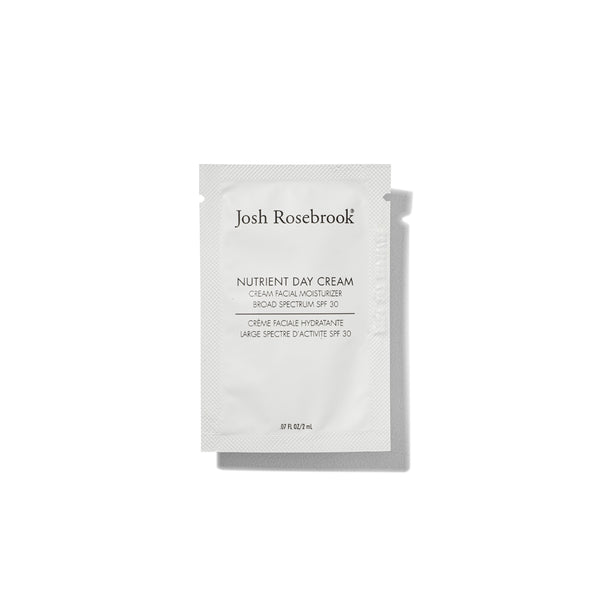
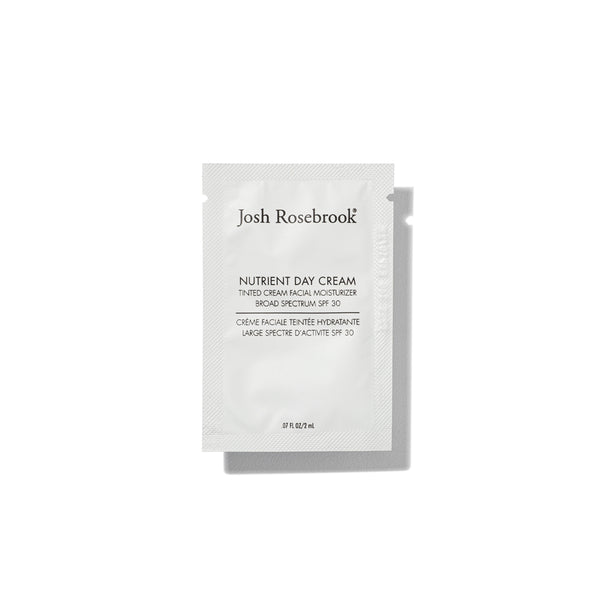
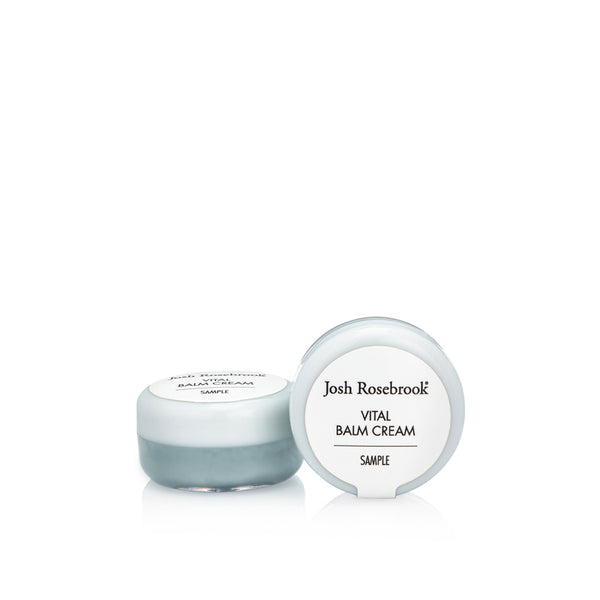
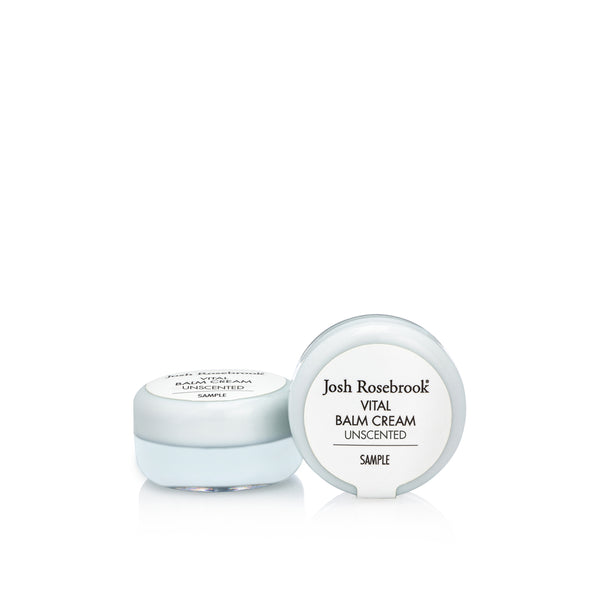
WRITTEN BY Josh Rosebrook